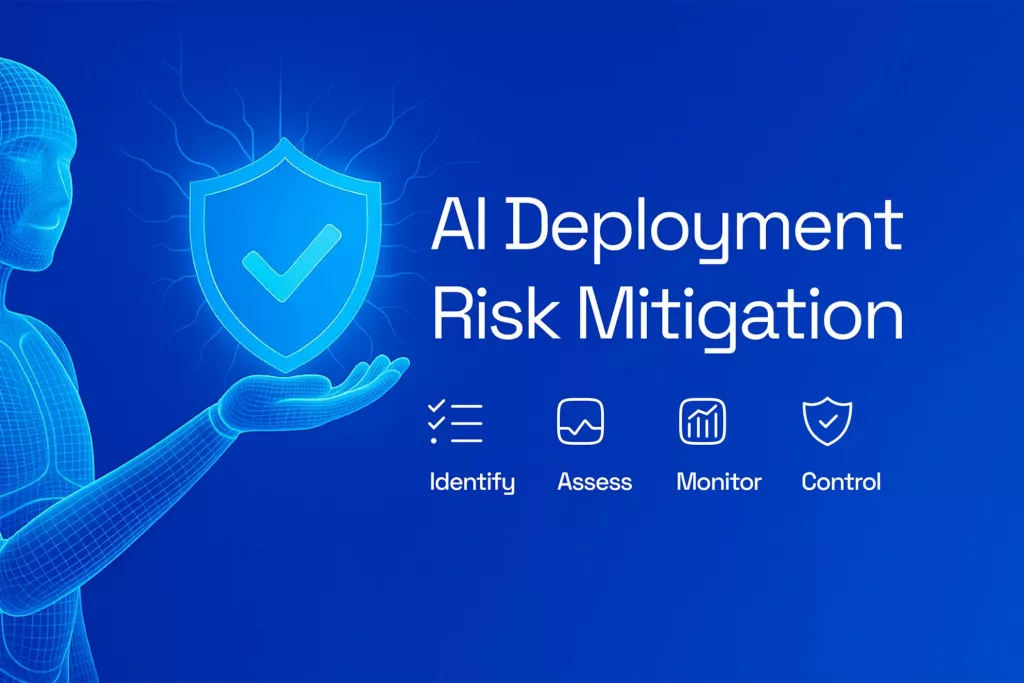
One of the leading benefits of digitalization in healthcare is the accessibility and centralization of patient data. Electronic health records empower healthcare professionals to retrieve comprehensive patient histories, medications, and test results at the touch of a button. This smooth interchange of information expedites quicker and more precise diagnoses, leading to enhanced treatment outcomes. Moreover, digitalization amplifies communication and collaboration among healthcare providers, nurturing a more cohesive and integrated approach to patient care.
Telehealth is another aspect of digitalization that has gained prominence, particularly in the face of global challenges such as the COVID-19 pandemic. The capability to conduct virtual consultations and monitor patients remotely not only guarantees the continuity of care but also lessens the burden on healthcare facilities. Patients gain from the convenience of remote access, economizing time and resources while receiving timely medical attention. Telemedicine has proven priceless in extending healthcare services to underserved and remote areas, bridging geographical gaps and making healthcare more inclusive.
Artificial intelligence (AI) stands at the forefront of the digital revolution in healthcare, providing inventive solutions that enhance the capabilities of medical professionals. AI-powered algorithms scrutinize vast amounts of medical data to pinpoint patterns and trends that might elude human practitioners. This aids in early disease detection, customizing treatment plans, and predictive analytics. The automation of routine tasks through AI also enables healthcare providers to concentrate on intricate and critical facets of patient care, ultimately enhancing overall efficiency and diminishing the likelihood of errors.
Therefore, the advantages of digitalization in the medical system are extensive and transformative, reshaping the way healthcare is delivered and experienced. As technology progresses, the collaboration between digital tools and healthcare holds the promise of a future where patient care is more reachable, efficient, and personalized to individual needs.
Finally, here are some popular healthcare softwares that are being used to enhance the industry: Electronic Health Record Systems (EHR), Telehealth and Telemedicine software, Health Information Exchange Systems (HIE), Picture Archiving and Communication Systems, Hospital Information Systems and many more.



